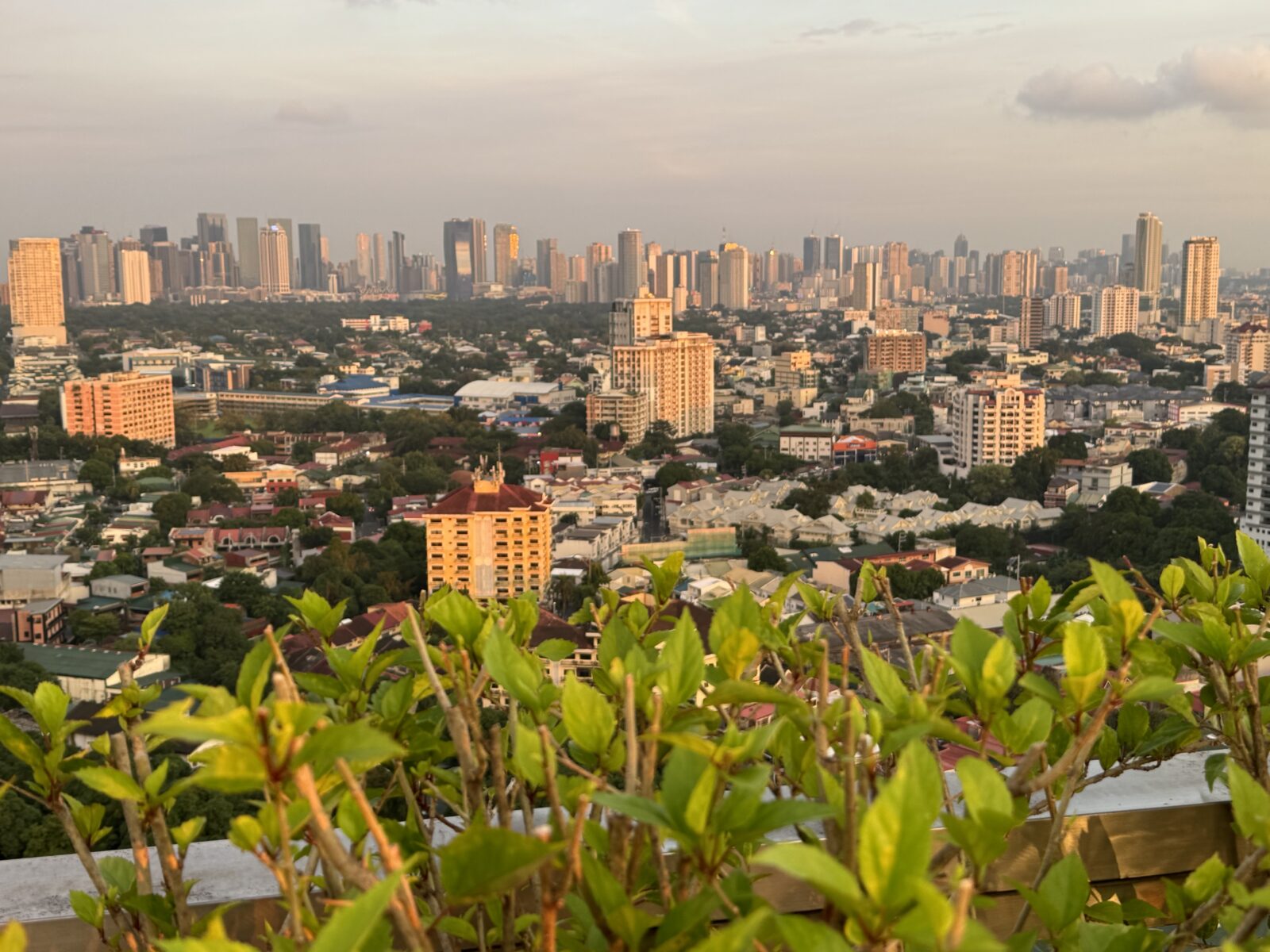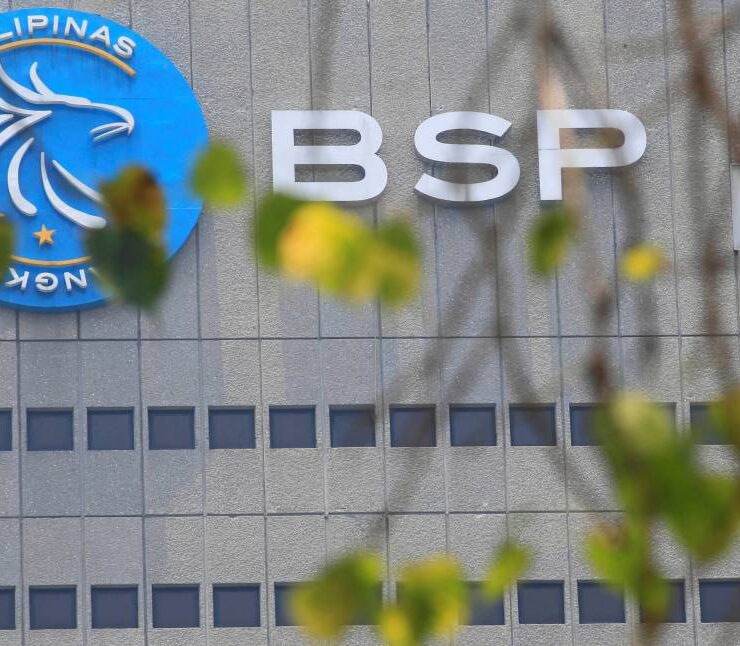Remittances hit new record high of $34.49B in 2024, up 3%

Money sent home by Filipinos overseas hit a new record-high in 2024, after the usual surge in remittances during the holiday season and the peso’s moments of weakness boosted such inflows.
Latest data from the Bangko Sentral ng Pilipinas (BSP) showed cash remittances coursed through banks had amounted to $34.49 billion last year, growing by 3 percent. That was the highest full-year tally on available records dating back to 1970.
The pace of expansion was also consistent with the BSP’s projection of a 3-percent growth in remittances.
This makes such inflows a reliable source of purchasing power for Filipinos in 2024, a year disrupted by destructive storms and massive flooding.
In December 2024 alone, money sent home by Filipino migrants also jumped by 3 percent year-on-year to $3.38 billion, the highest monthly inflow on record.
Such a strength is typical during the Christmas shopping season, when expats make bigger-than-usual cash transfers to their families to fund holiday spending.
Notably, a weak currency that had revisited the record-low level of 59 against the US dollar late last year had boosted the peso value of remittances, which can also explain the robust inflows.
Headwinds
But despite the record inflows, Reinielle Matt Erece, economist at Oikonomia Advisory & Research Inc., pointed out how remittance growth in the final month of 2024 was slower than the clip seen in November (+3.3 percent) and in December 2023 (+3.8 percent).
Such a slowdown, Erece said, could be indicative of “uncertainty” in countries hosting Filipino migrants, especially in the United States.
Central bank figures showed the United States was the top source of remittances last year with a 40.6- percent share to total.
But there are caveats to the data as remittance centers abroad typically course such cash transfers through correspondent banks, most of which are located in the United States.
Moving forward, Oikonomia’s Erece said US President Donald Trump’s inflationary trade policies might prompt Filipino expats to reduce the money they send home to cope with rising prices in their host nations.
At the same time, Trump’s immigration crackdown could put many Filipinos in the United States in danger of deportation, adding more risks to remittance flows.
And during these times of global uncertainty that can rattle Asian currencies, Erece said a weak peso might not even guarantee a strong remittance growth.
“Higher inflation means they (overseas Filipinos) cannot send the same amount of money to their families as their cost of living abroad is expected to rise,” he said.
“Further, steady interest rates or even rate hikes will cause the Philippine peso to depreciate, which makes it enticing to hold part of their remittances and wait until the relative value of money increases before sending them home,” he added.





















